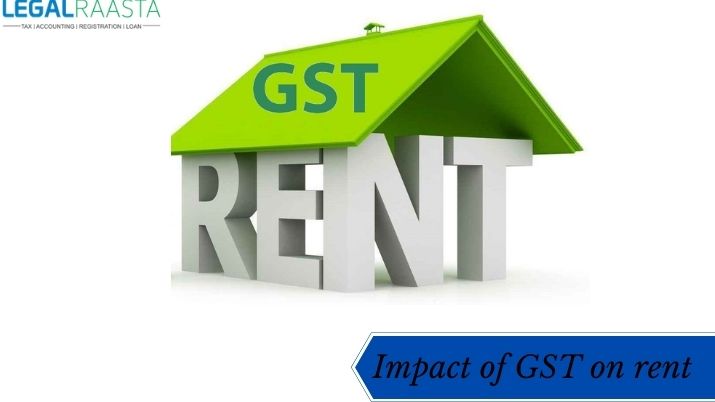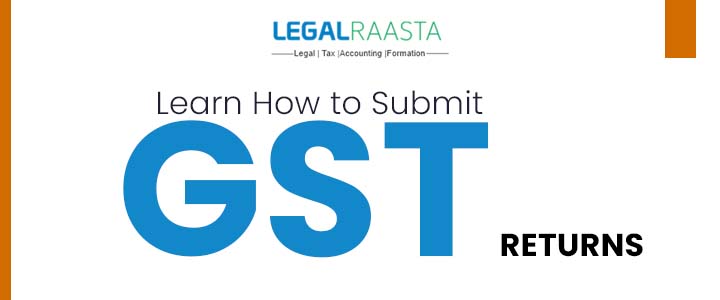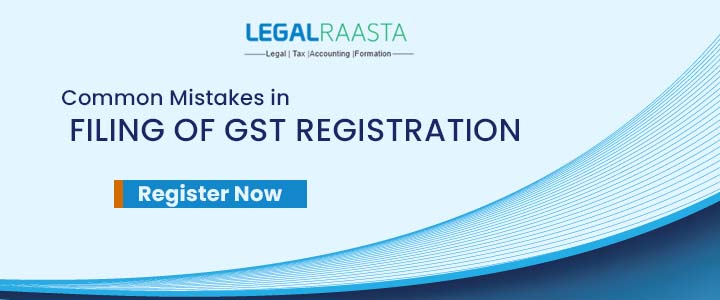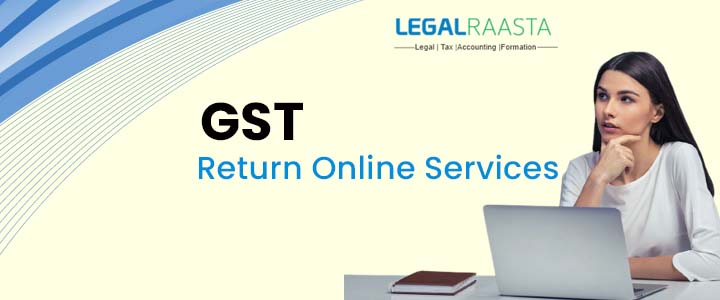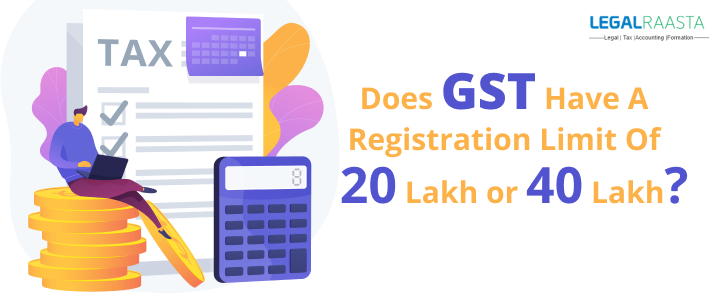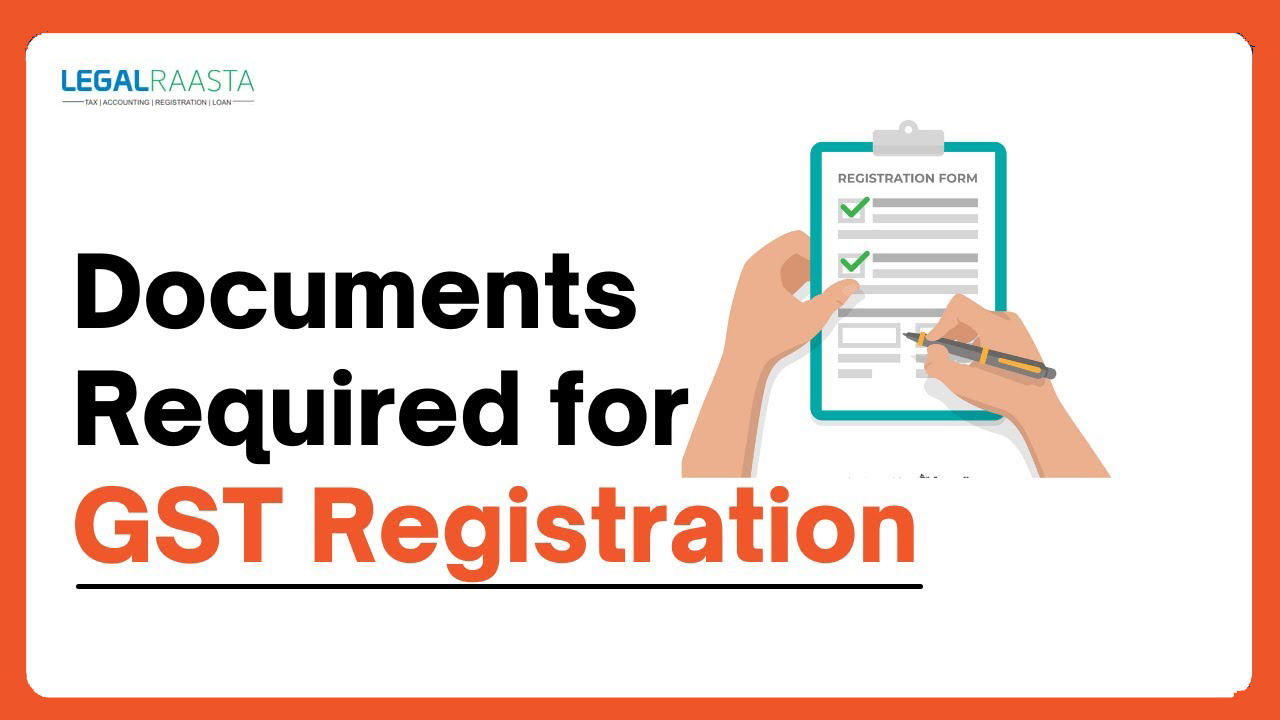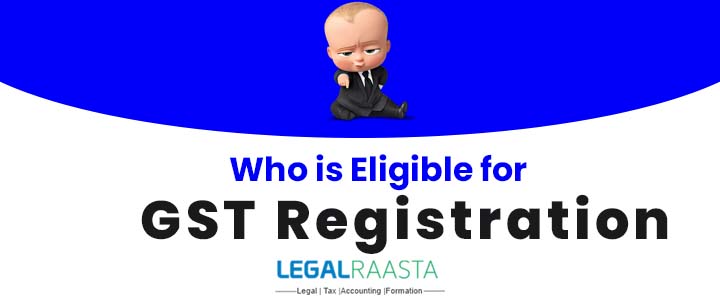Impact of GST on Rental Properties – Commercial and Household
Introduction
With the Introduction of this act, there were minor changes introduced on commercial rental income, the limit was 10 Lakh for commercial rental income, with the introduction of GST it raised to 20 lakhs. Since rent has been an important source of income for many and here so the implementation of GST on commercial rental property reflects a structural approach to collect tax from this sector as well. Before 2018 the landlord had to do Registration of service tax if his annual rental income exceeded above Rs 10 lakhs, if the annual rental income would be less than 10 lakhs then no service tax would be charged to the landlord and he would be exempted from the tax. If the annual rental income exceeds 10 lakhs Rupees then 15% of the rent was collected as tax.
Know more about free
GST SOFTWARE.
When will GST be applicable ?
Under the following conditions, GST would be applicable.
- Property is given out on rent, lease, easement, or licenses to occupy.
- Any property leased for commercial, industrial or residential property for business.
Under GST renting is considered as services so GST would be applicable on that but under GST, the threshold is raised so many landlords are exempted from payment of tax by rental income. If a property is rented for residential purposes then it would be exempted from property tax.
According to the GST act, any property given on rent for a commercial or industrial purpose will be charged under goods and service tax if the annual rental income exceeds 20 lakh Rupees. Any other type of lease or renting out for immovable business will be charged 18% and would be treated as a supply of service.
Three key points to remember about GST on commercial rent
- GST will not be decided by nature or property it will be decided in its purpose and usage. For example, if you stay in Mumbai and you have rented your property in Bangalore as a company’s guest house then it would be exempted from tax only if the annual rental income is below 20 lakh rupees.
- In the above-mentioned case although you stay in Mumbai the beneficiary state to get the goods and services tax would be Karnataka.
- If the rental flow is less than 20 lakh rupees then it would be exempted from paying any amount of tax.
Forward charge mechanism and Reverse charge Mechanism
When the supplier of goods/services are liable to pay charges it’s is called forward charge mechanism, where as if the receiver of the goods/ service is liable to pay the tax it comes under Reverse charge mechanism. The tax liability is on the supplier of both goods and services, whereas in Reverse charge mechanism the tax liability is on the receiver of goods and services. The supplier needs to dot he registration once the threshold is exceeded in forward charge mechanism, whereas in reverse charge mechanism the received has to register once the threshold is exceeded. In forward chain mechanism a supplier can only be a registered supplier and an unregistered supplier cannot collect tax .
Know more about
GST API connectors.
FREQUENTLY ASKED QUESTIONS
Q.1)Who is required to register when the property Rented to business
A taxpayer earning more than threshold or 20 lakh rupees annually by renting the property for commercial or industrial purpose.In order to register a taxpayer needs to fill
GST application form.
Q.2)How is GST calculated for when renting property for commercial purpose?
- The property rented under commercial or industrial purpose if exceeds the threshold will have to pay 18% of the income amount as received from rental income
- In case if the property is owned by charity or trust or any religious trust then it is exempted from the taxes in case if the rent of room is less than 1000 Rs per day, the rent of room or shop is less than 10,000 Rs per month or the rent of community hall or open area is less than 10000 Rs per day
Q.3)Is GST paid on Rent claimable for ITC?
The taxpayer for rental income can take credit for his tax paid against the GST paid .If the provision to claim the Input tax credit are fulfilled ,ITC on GST paid on rent can be claimed. As per TDS provision the payer has to deduct 10% TDS from the Landlord if the owner collects GST from them. If case of violition of law, penalty will be charged and can also be imprisoned TDS is deducted on rent exceeding 2.4 lakh rupees annually . If the property is given to unregistered person then the government will deduct GST on forward charge mechanism.
We provide all kinds of legal services like
Trademark Registration,
Company Registration,
FSSAI License,
and many more. So, contact the expert team of
“LegalRaasta”, for a completely smooth and hassle-free process.
RELATED LINKS:
1.) Government forms office of GST commissioner to curb GST evasion
2.) GST reduced on household items : Middle Class Rejoice
3.) How to get GST registration with the help of LegalRaasta?

